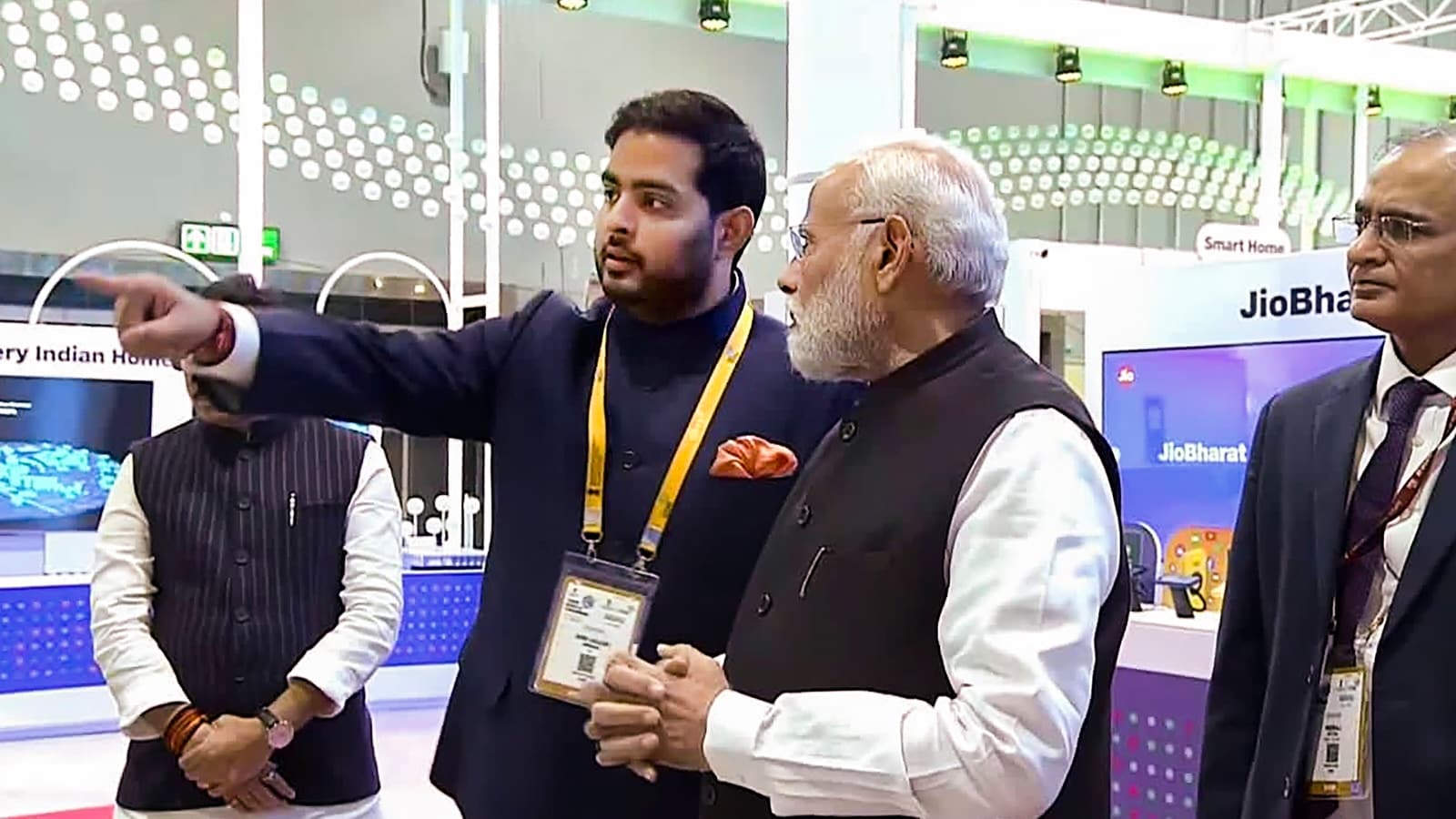India Unlikely to Adopt Hyperloop Technology in Near Future, Says NITI Aayog Member
India is not considering the implementation of hyperloop technology for ultra high-speed trains due to its low level of maturity and lack of economic viability at this time, according to V K Saraswat, a member of NITI Aayog. Saraswat, who is leading a committee to assess the potential of Virgin Hyperloop technology, revealed that foreign companies have expressed interest in introducing the technology to India. However, he stated that the offers received from these companies are not feasible as the technology is currently at a nascent stage.
Hyperloop technology, proposed by Elon Musk, envisions high-speed trains running in vacuum-sealed tubes. Despite foreign interest, Saraswat emphasized that hyperloop technology has not been given significant importance and is currently only being studied. He does not expect it to be integrated into India’s transportation framework in the near future.
Recently, a test run of the Virgin Hyperloop was conducted in Las Vegas, where a pod traveled at over 161 km/hr inside an enclosed tube with passengers on board, including an Indian individual. However, Saraswat maintained that the offers received for hyperloop technology are not mature enough to warrant investment.
Although hyperloop technology remains uncertain, the Virgin Hyperloop-DP World Consortium has been approved by Maharashtra as the original proponent for the Mumbai-Pune hyperloop project, which is regarded as a public infrastructure initiative.
Additionally, Saraswat addressed India’s reliance on lithium imports from China, highlighting the country’s low production of lithium-ion batteries. He acknowledged that a significant portion of lithium-ion batteries are imported from China due to their lower cost. However, he mentioned that India has incentivized the establishment of battery manufacturing facilities domestically and expects large-scale production next year.
With regards to lithium mining, Saraswat revealed that instead of the government directly acquiring mines in Chile and other countries, private Indian companies have signed agreements with mining companies in those nations for the supply of lithium. Currently, about 75% of India’s lithium-ion imports come from China.
In terms of alternative fuels, Saraswat mentioned that trials blending 15% methanol in diesel have been successfully conducted with Bangalore Metropolitan Transport Corporation and Ashok Leyland.
As India continues to explore various emerging technologies and fuel alternatives, the adoption of hyperloop technology remains uncertain for now. However, the country is taking steps towards promoting domestic battery production and exploring partnerships for lithium supplies, emphasizing self-sufficiency in critical areas.

I have over 10 years of experience in the cryptocurrency industry and I have been on the list of the top authors on LinkedIn for the past 5 years. I have a wealth of knowledge to share with my readers, and my goal is to help them navigate the ever-changing world of cryptocurrencies.




